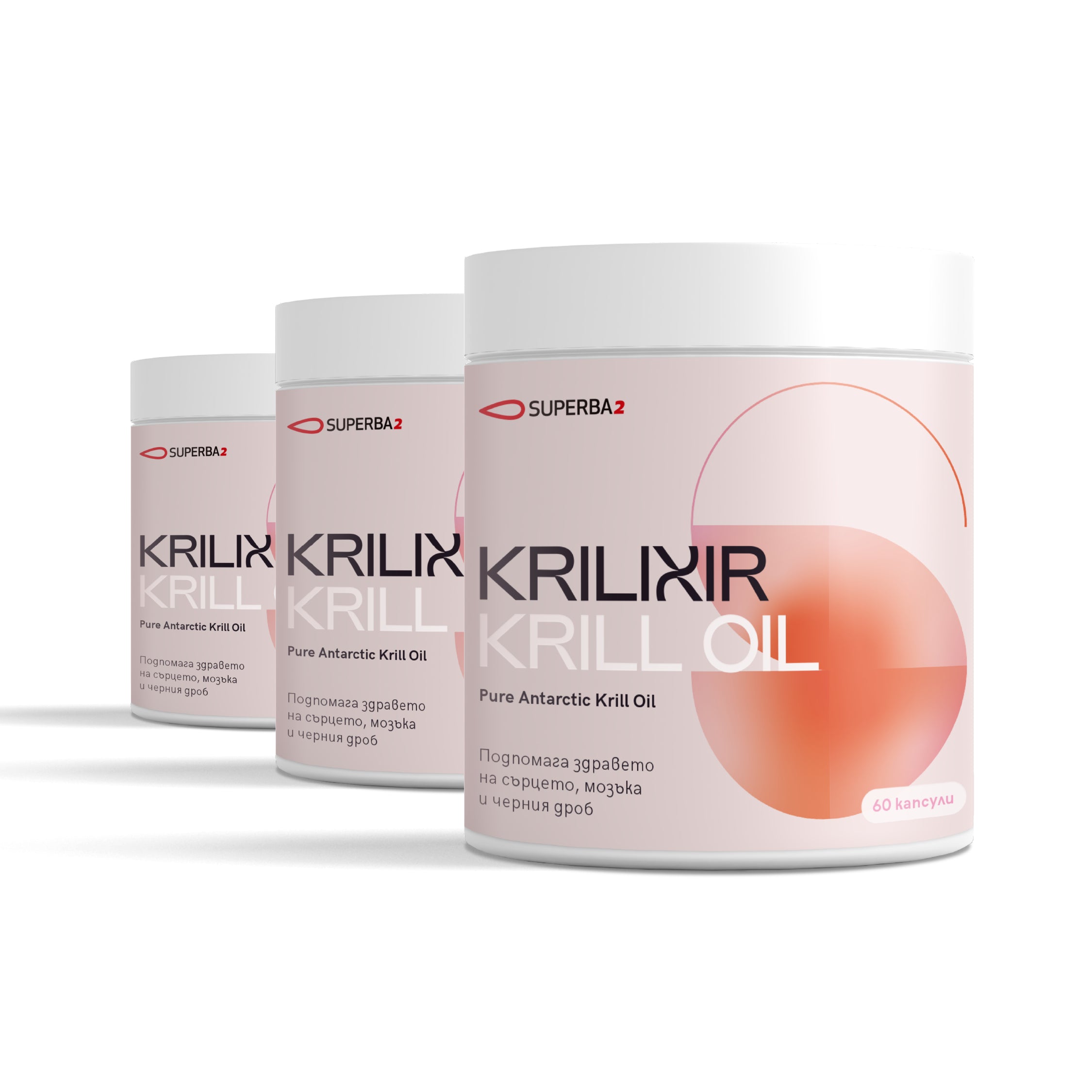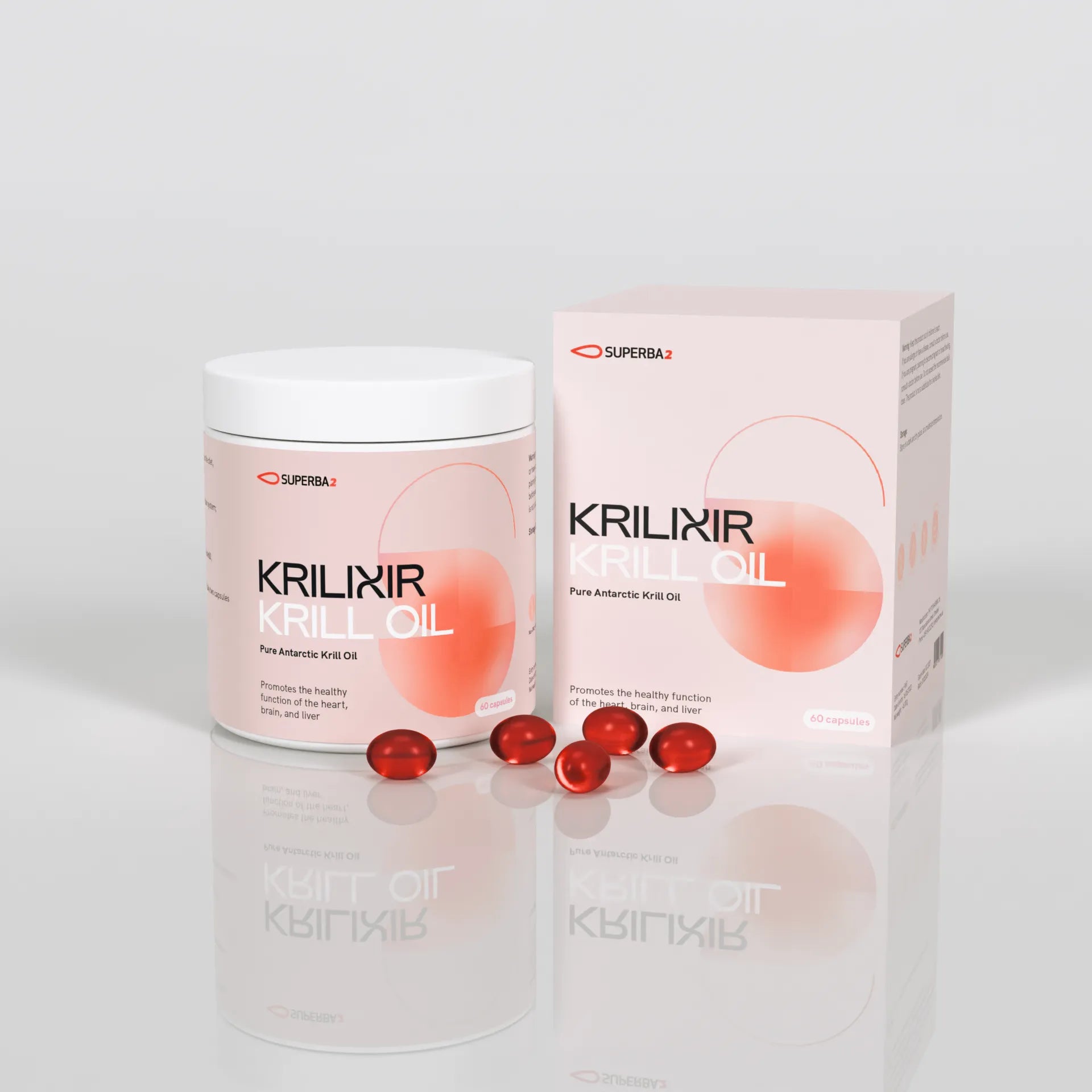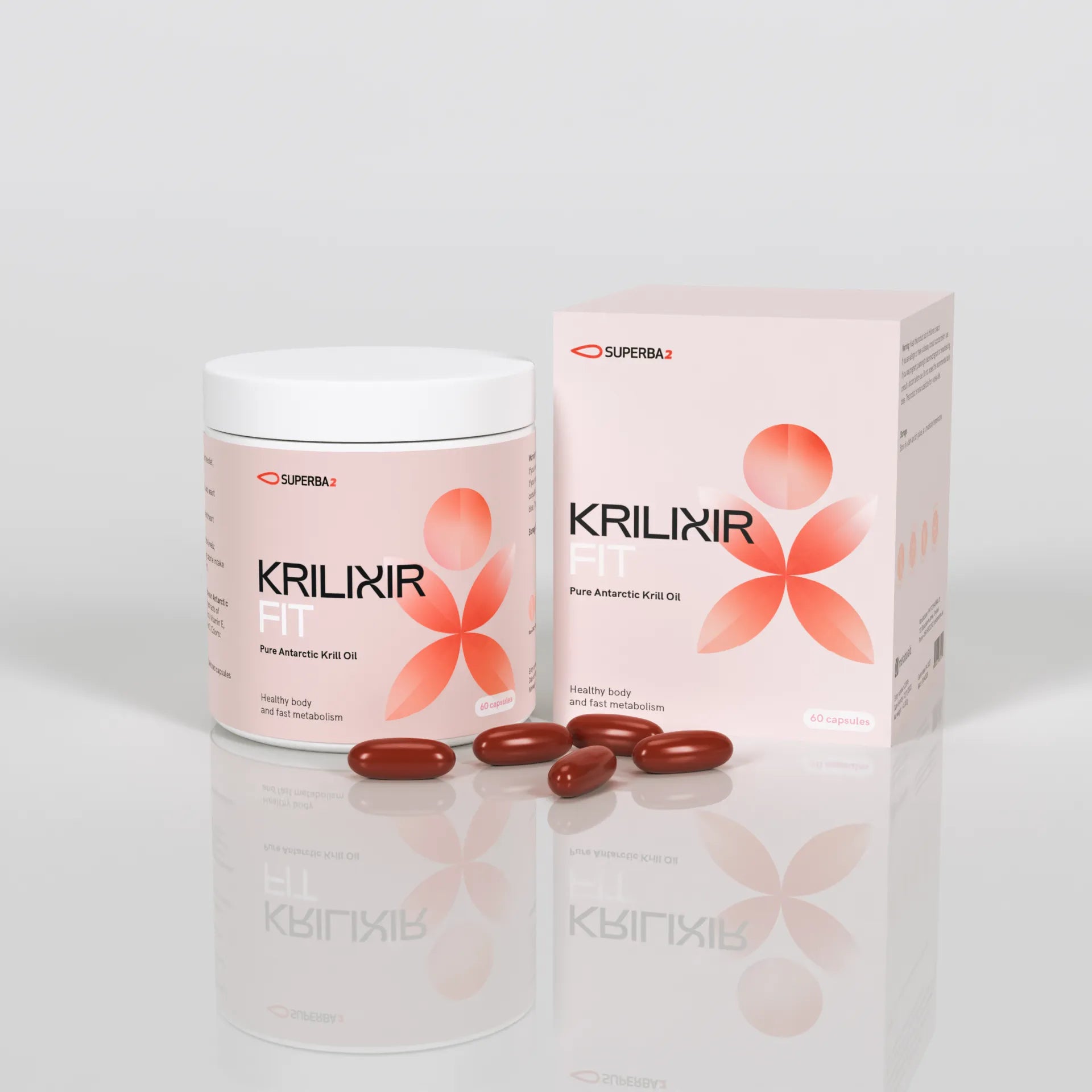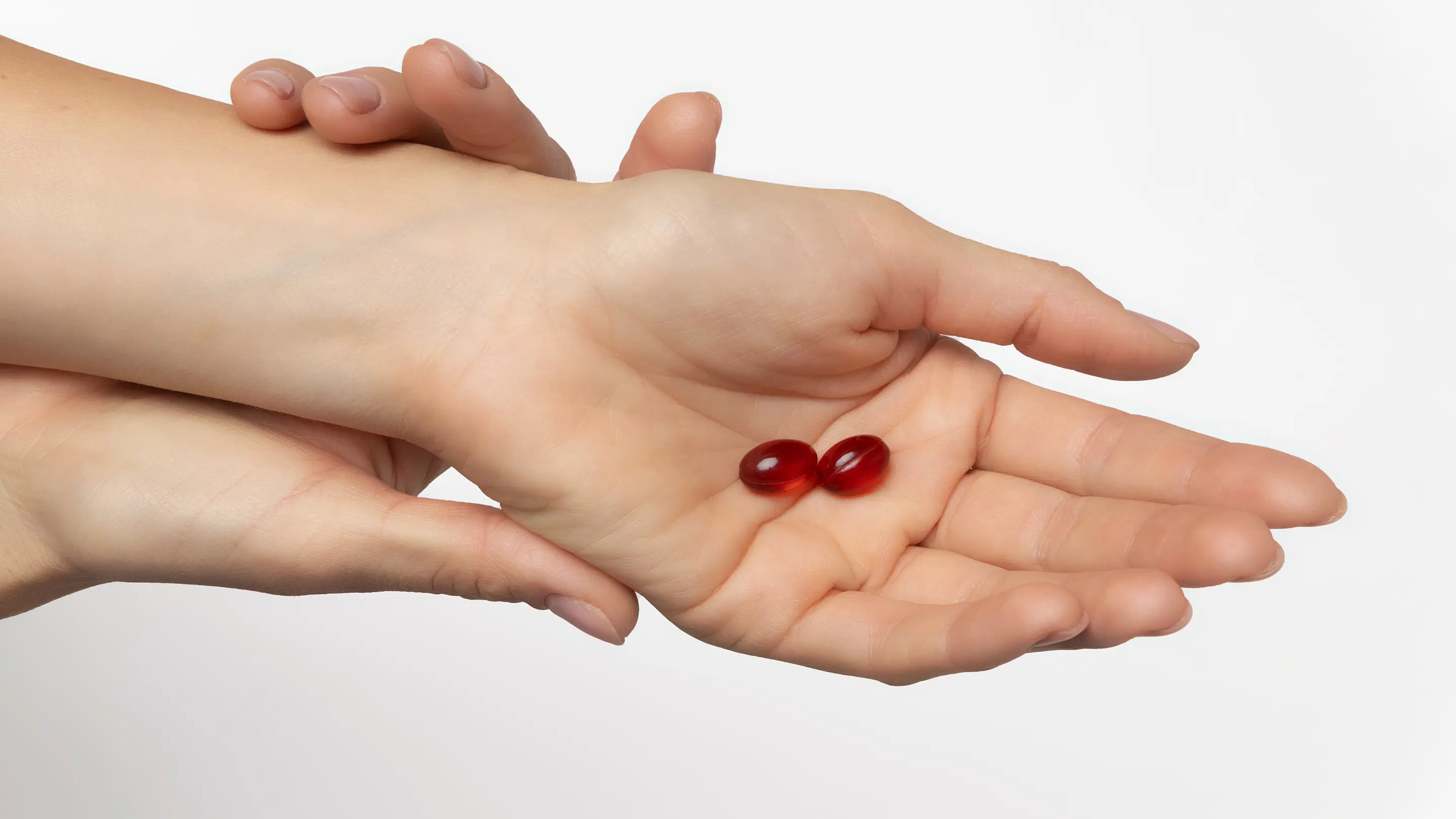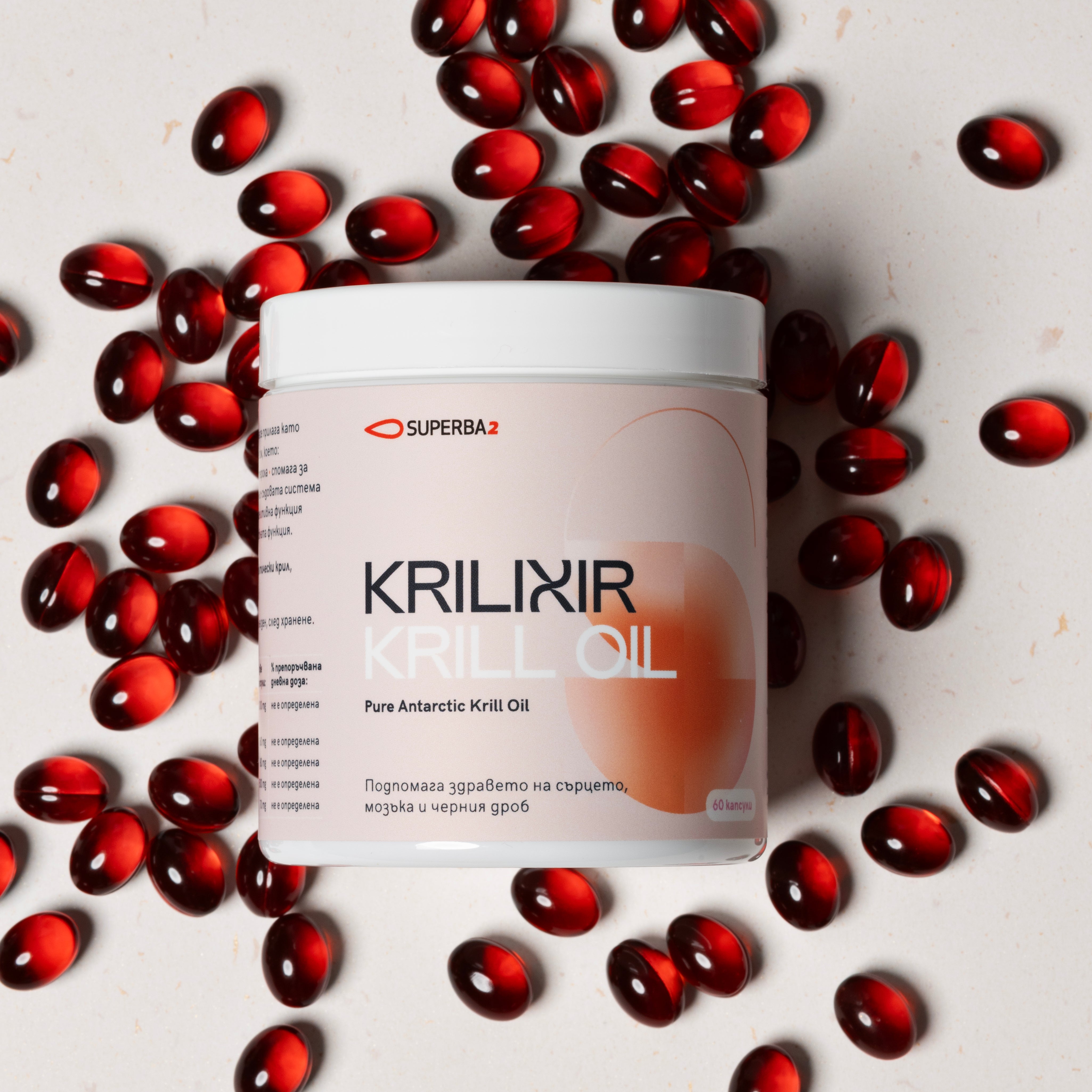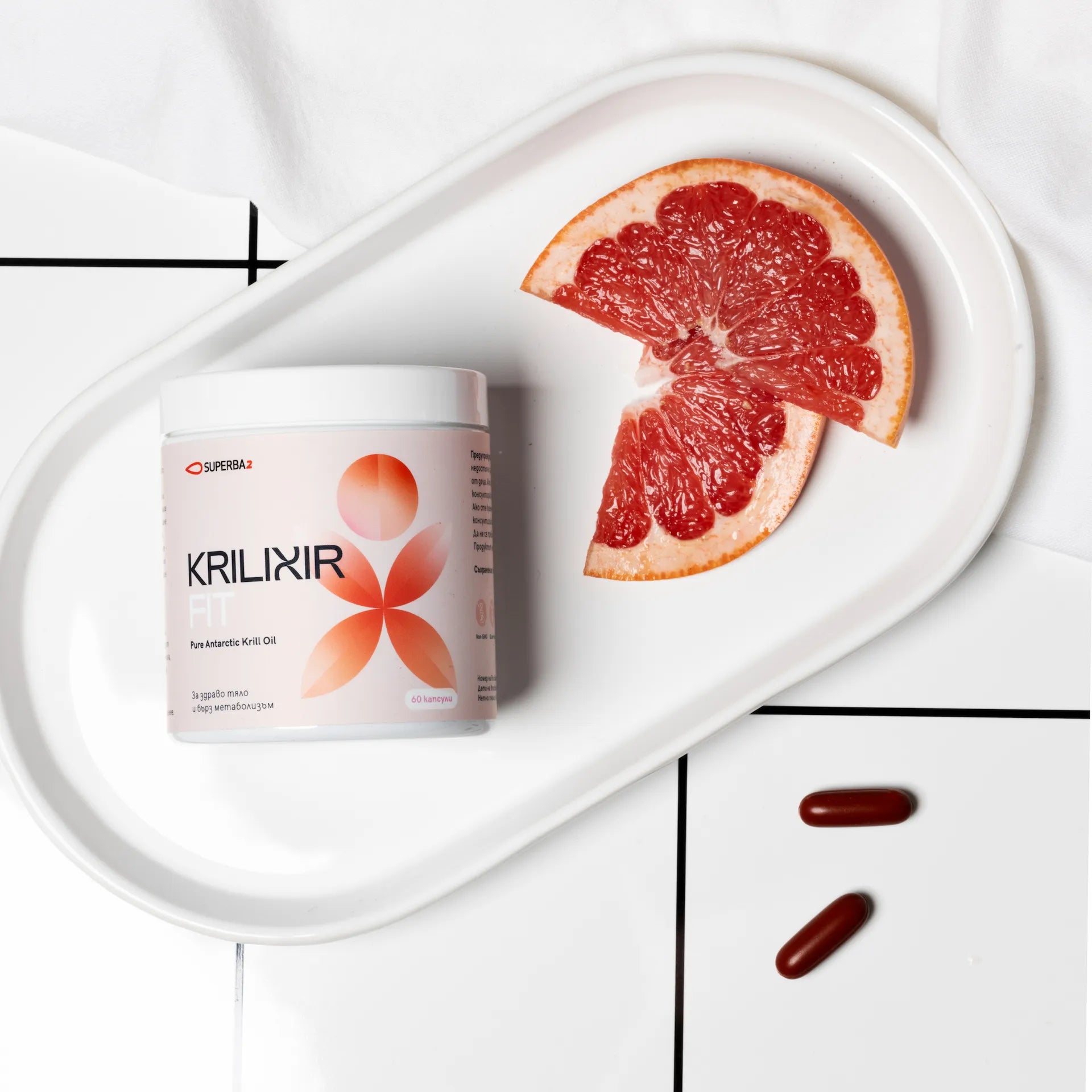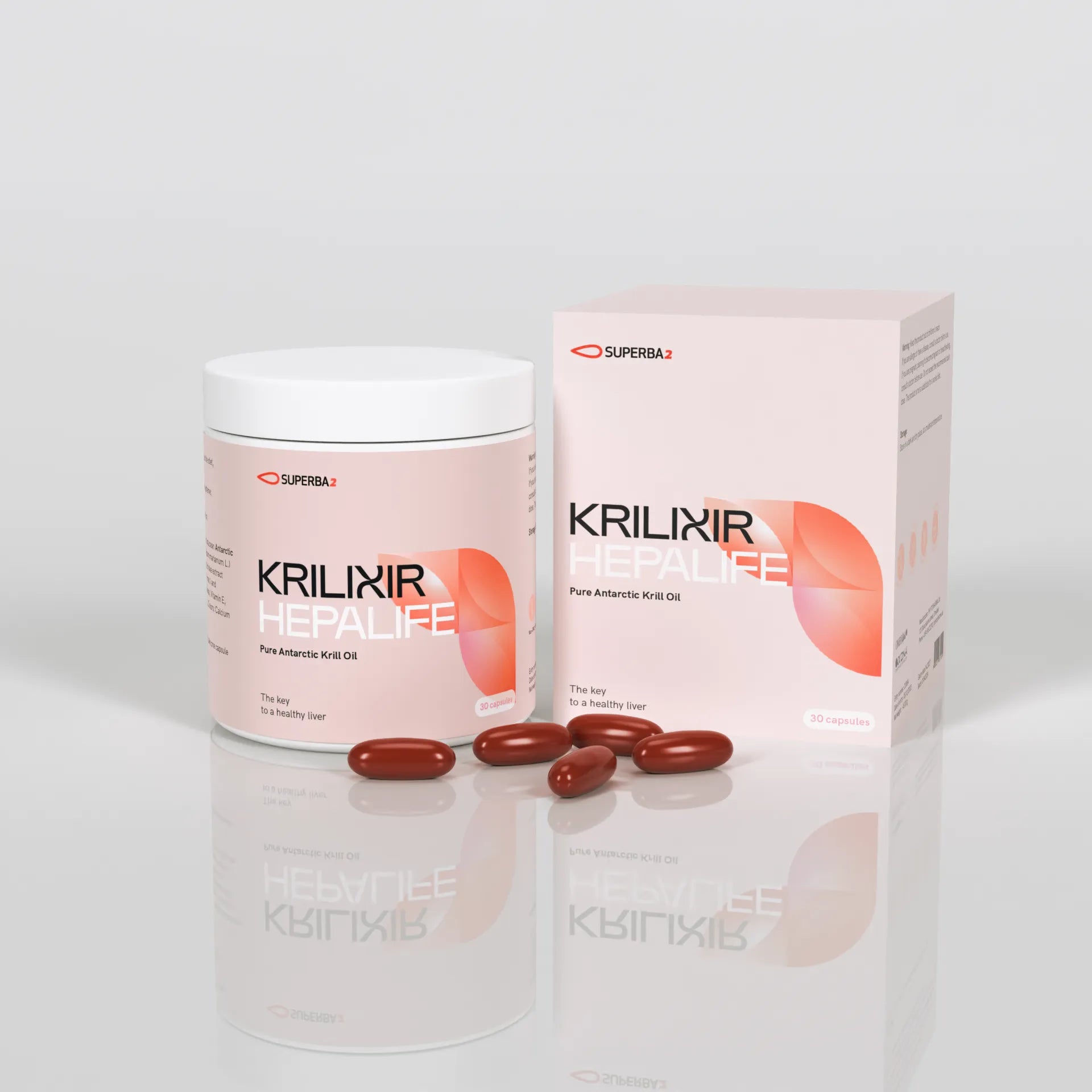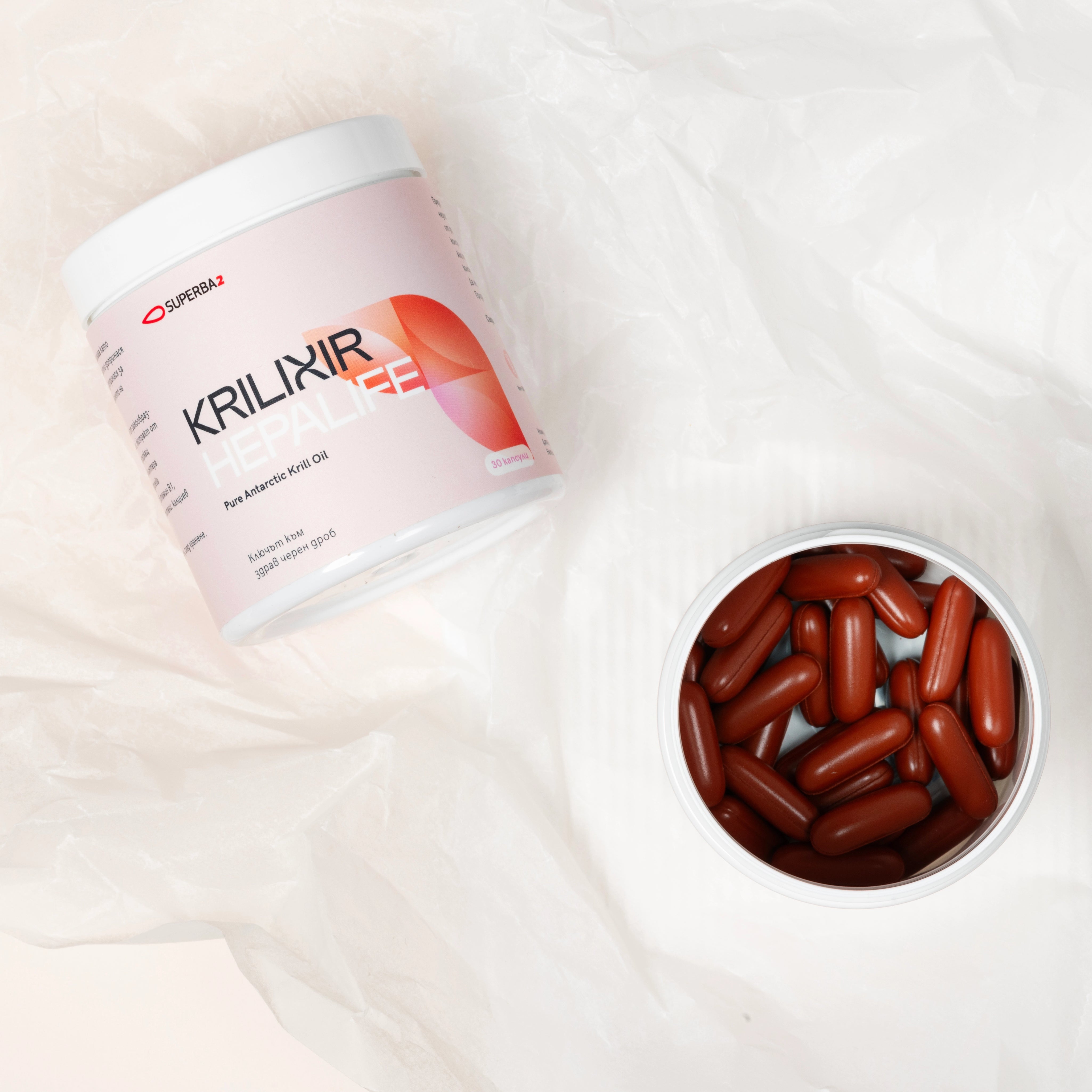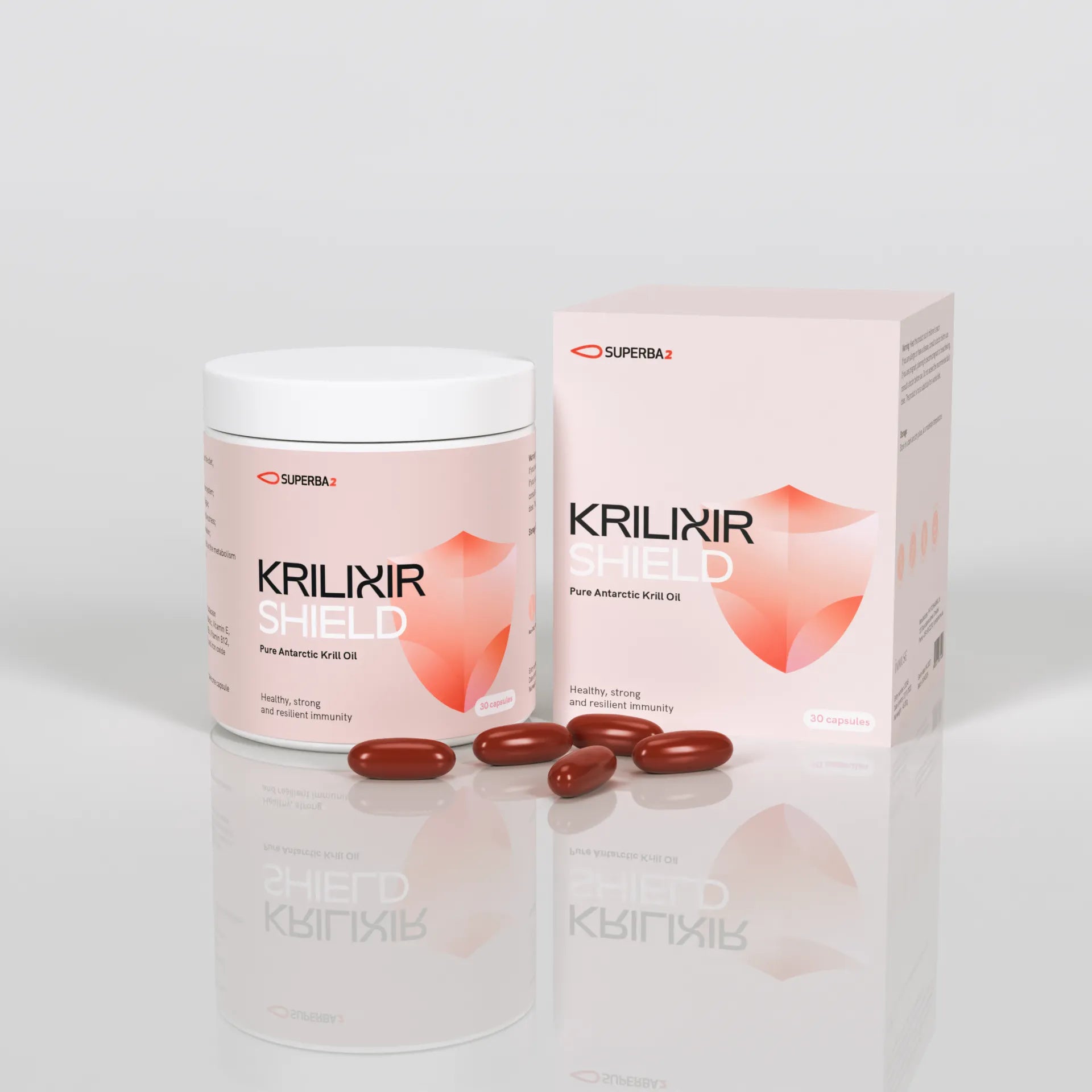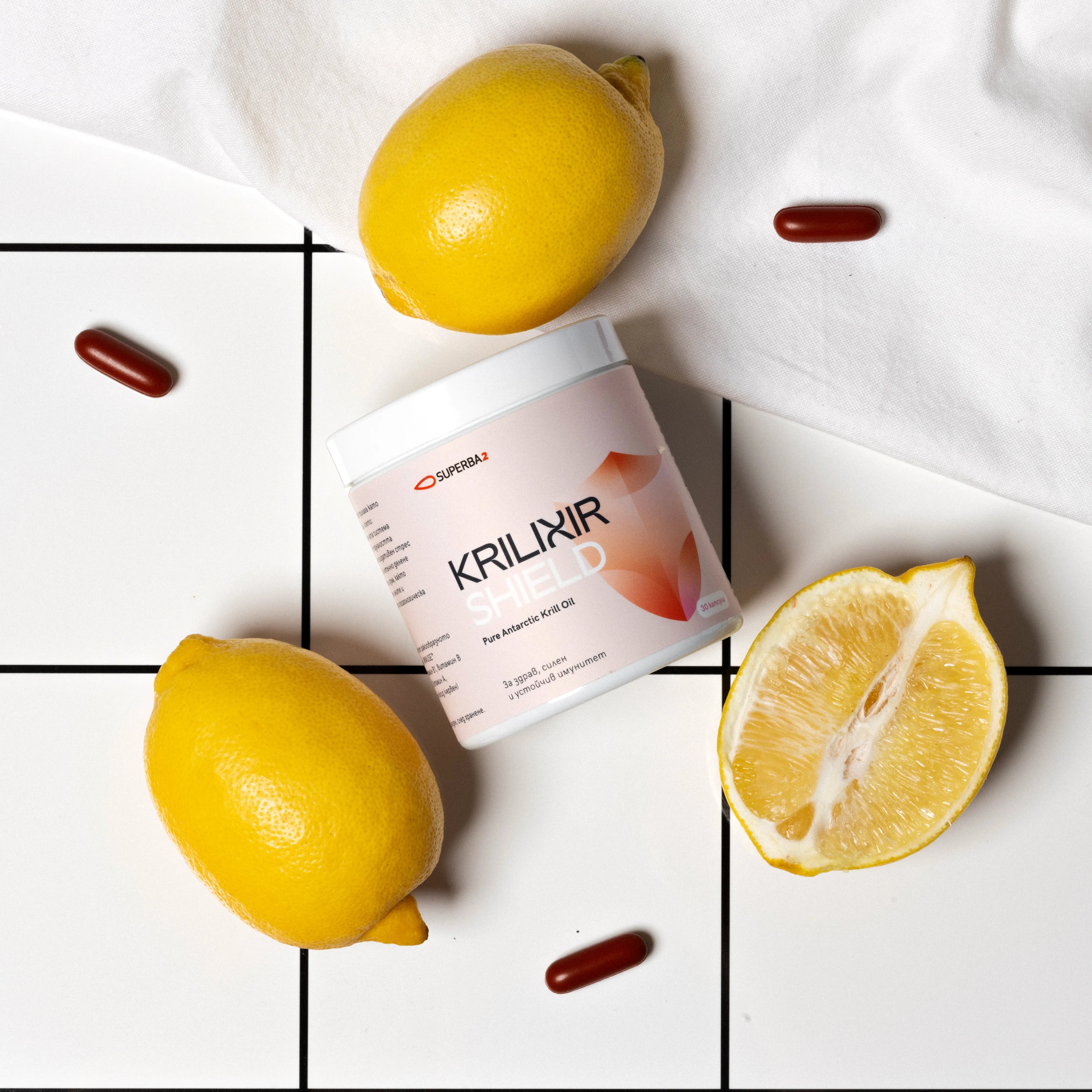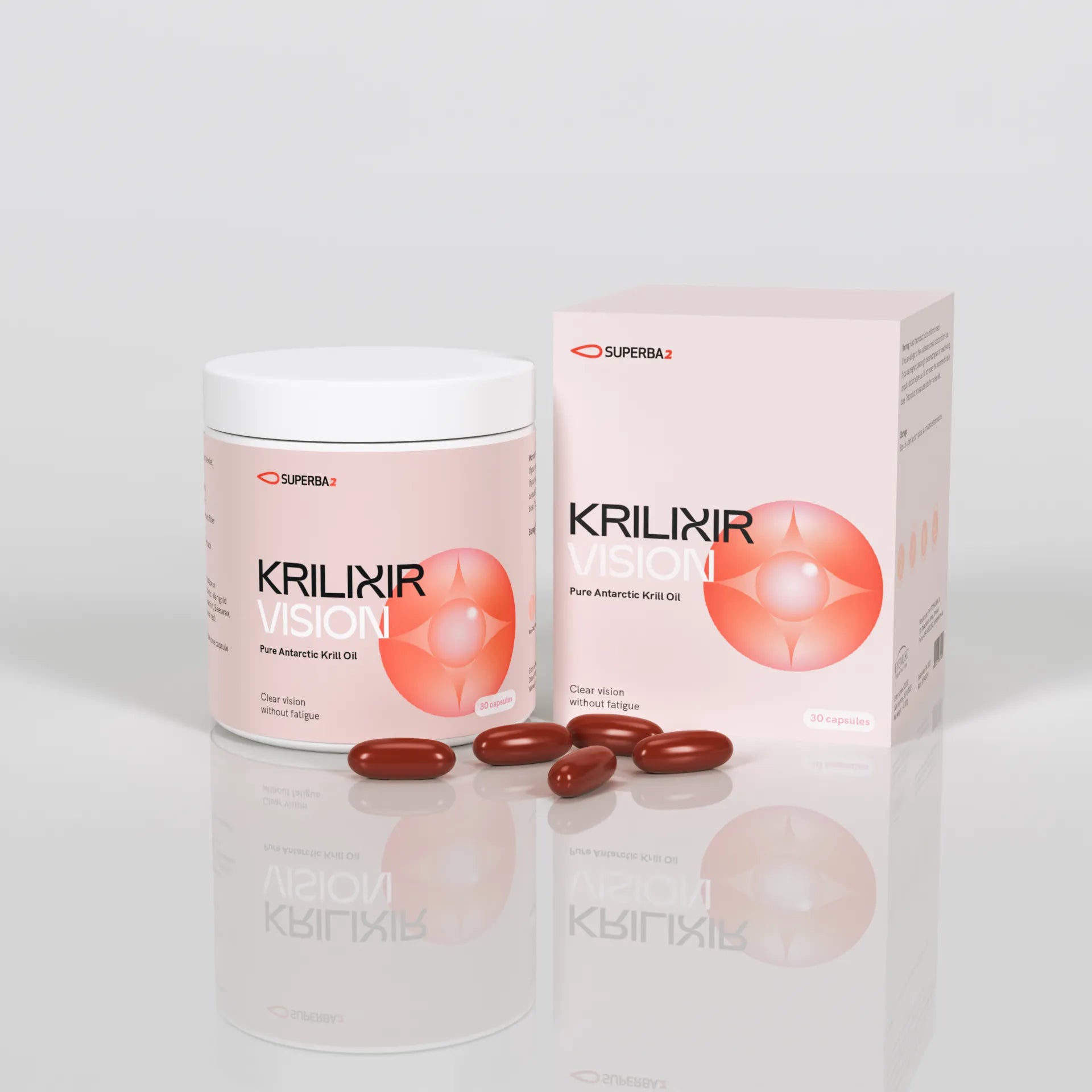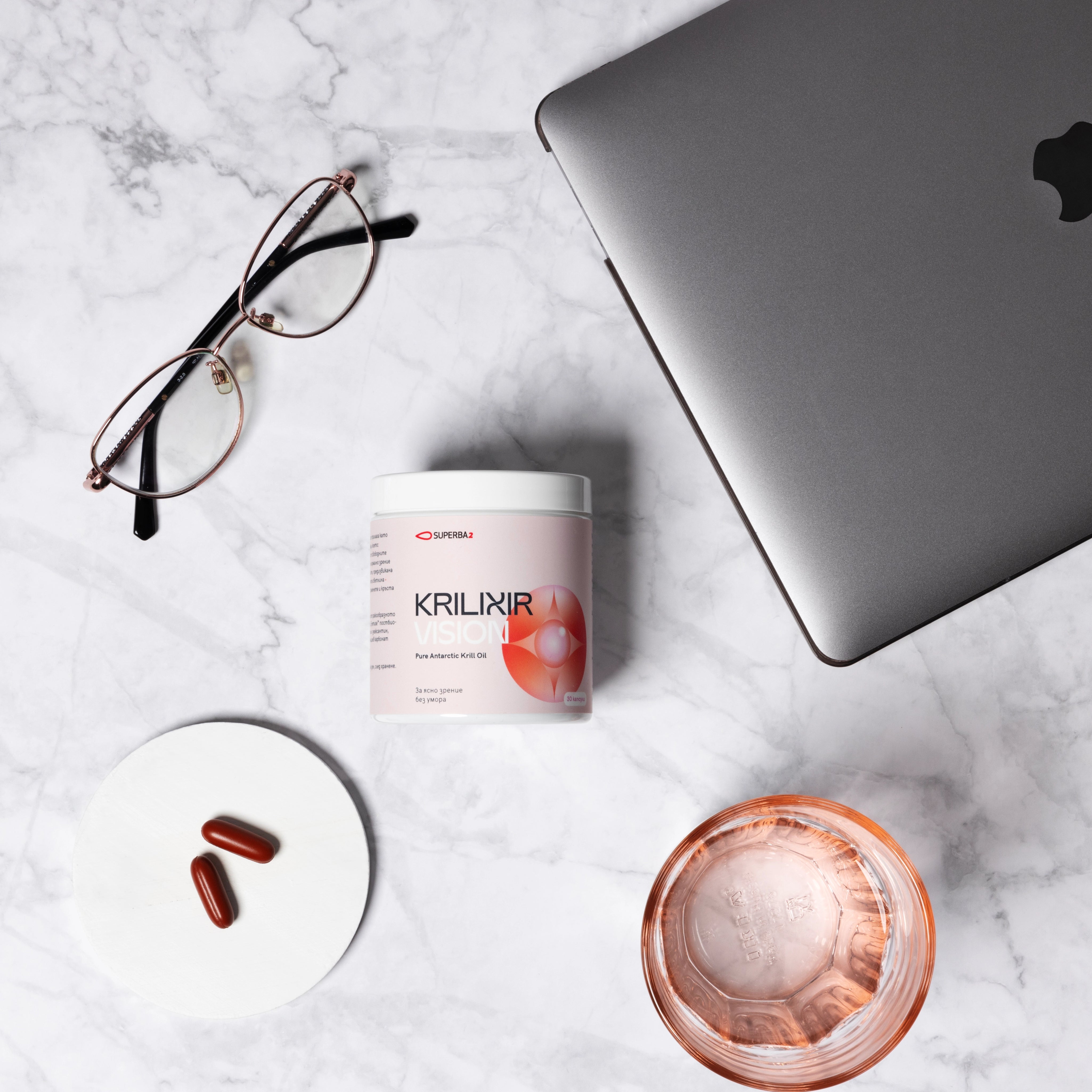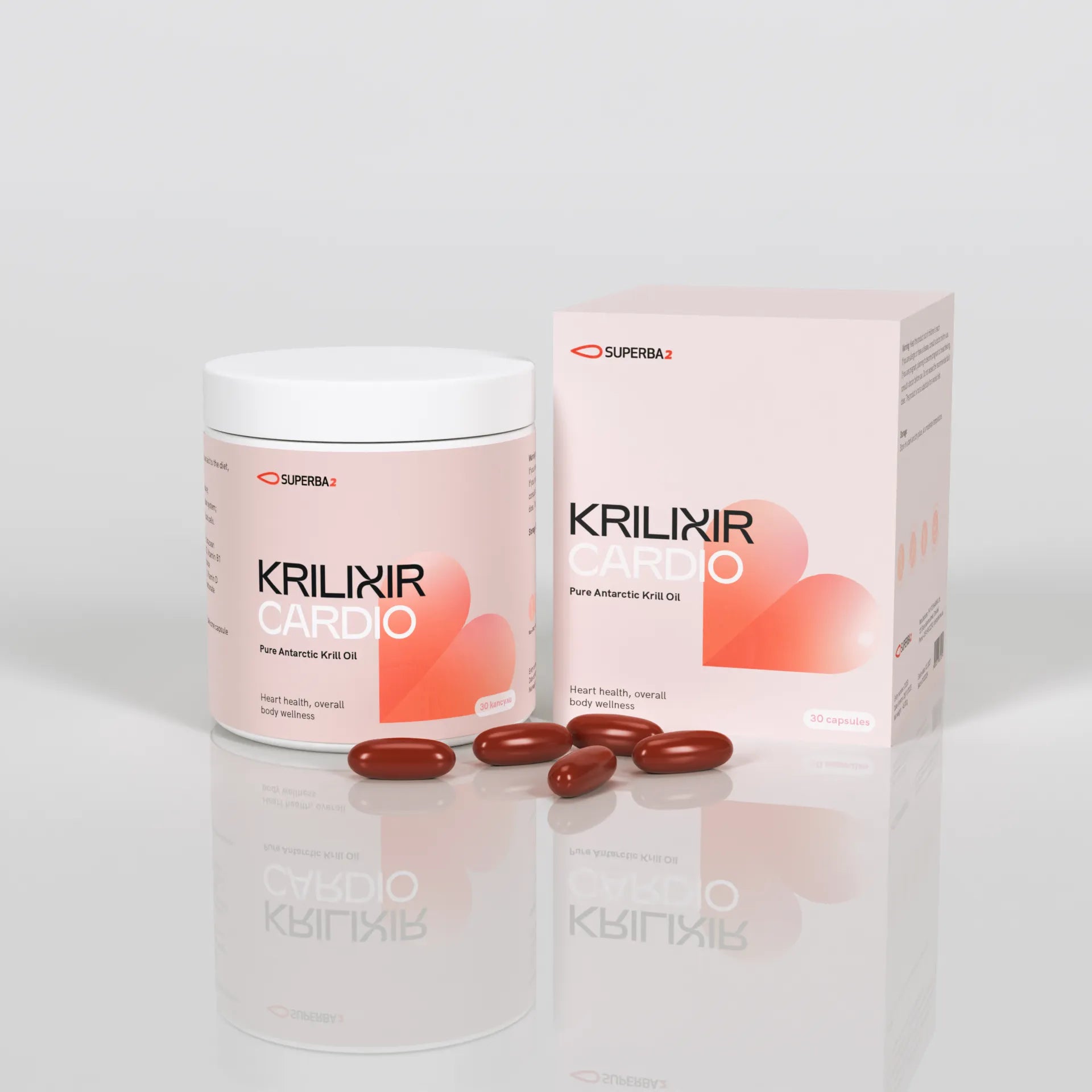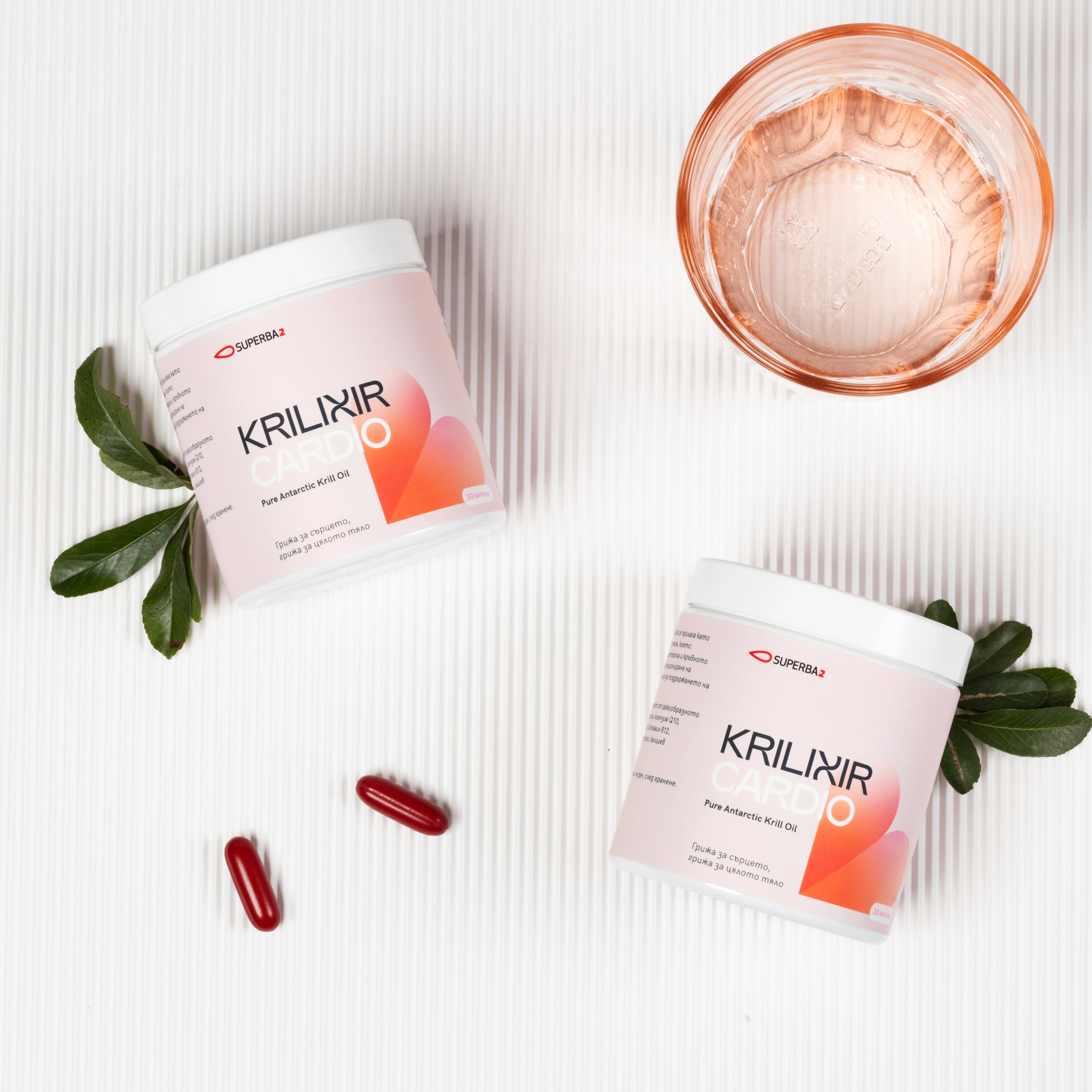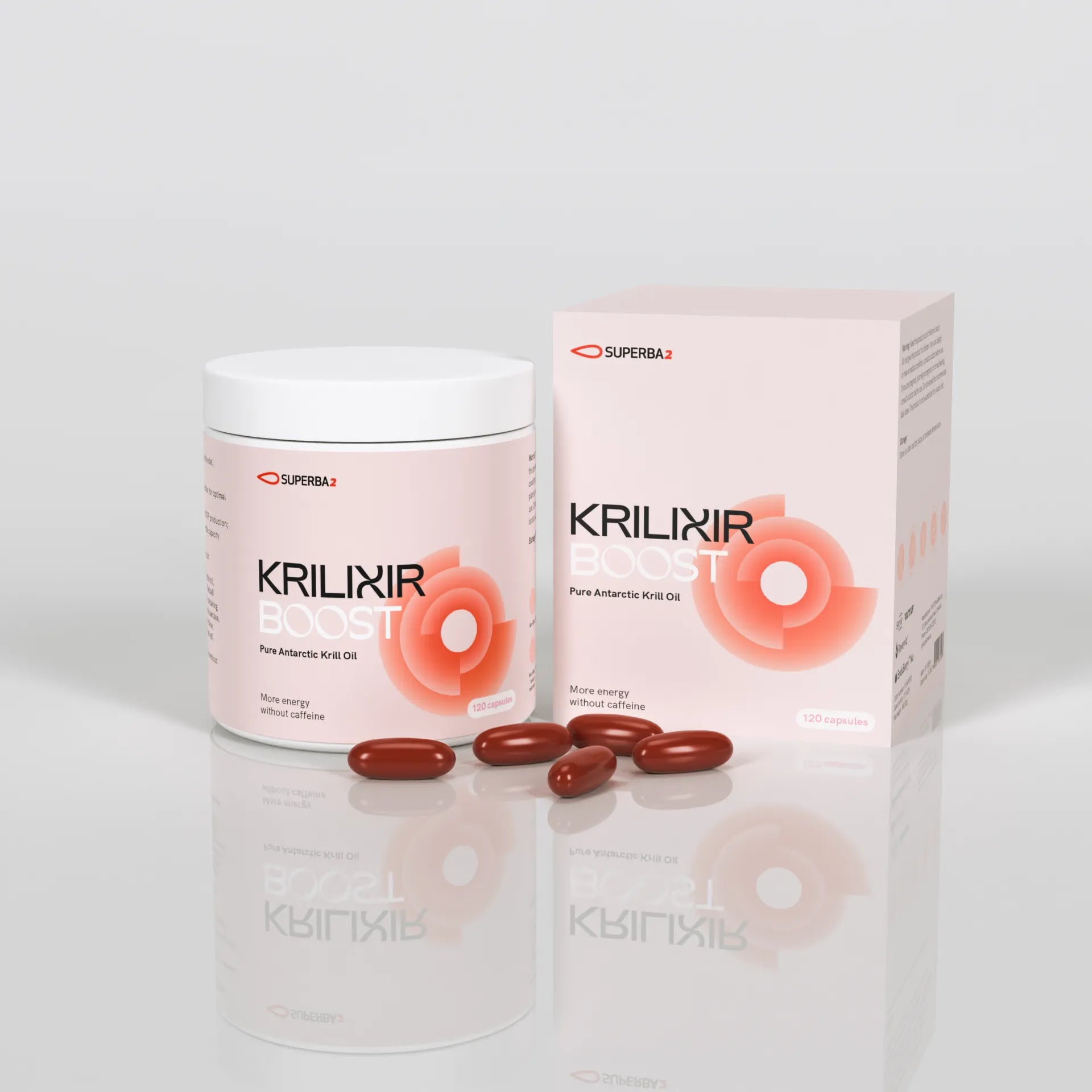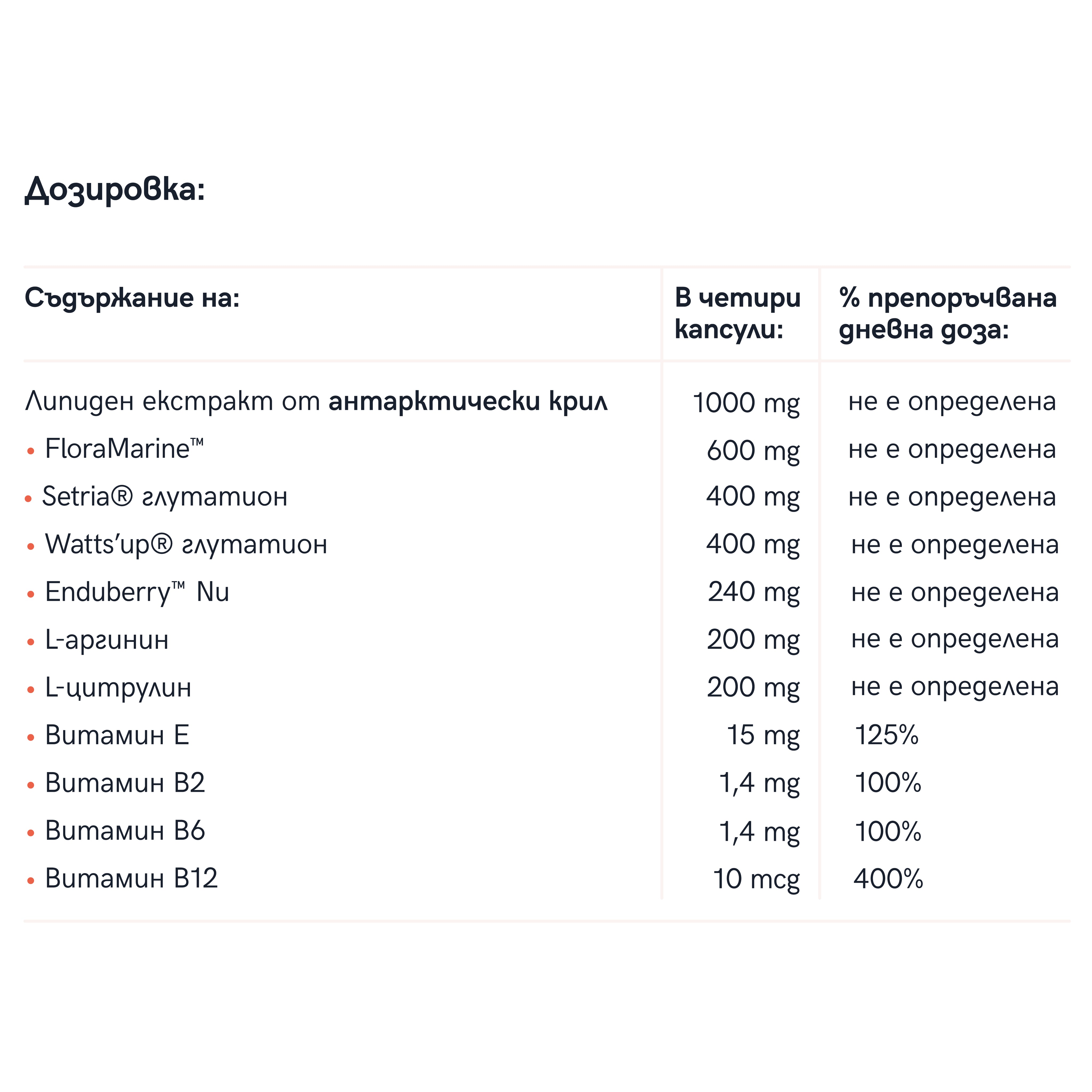How can krill oil help prevent brain damage?
A new study from the Netherlands has found a link between the consumption of Omega-3 fatty acids and the prevention of brain damage in animals.
It is assumed that dietary supplements designed for targeted delivery of LPC-EPA/DHA derived from krill can protect against neonatal hypoxic-ischemic brain injury. It has been observed that short-term supplementation with lysophosphatidylcholine (LPC) linked Omega-3 fatty acids provides neuroprotection in mice. This occurs by preventing brain damage and myelin loss due to hypoxia-ischemia (lack of oxygen and reduced blood flow).
Perinatal asphyxia is a leading cause of hypoxic-ischemic (HI) brain injury in newborns, which significantly contributes to various health challenges throughout life and neonatal mortality. "It has been proven that neonatal brain injury reduces DHA levels in the brain, leading to the hypothesis that DHA supplements can mitigate this deficiency and thereby reduce the risk," explained Line Johnsen, Senior Vice President of Aker BioMarine. "Omega-3 fatty acids EPA and DHA are part of a specific molecular structure (LPC) that facilitates the accumulation of DHA in the brain. We believe that with regular intake of supplements rich in Omega-3, there is great potential to mitigate brain injury, as seen in this recent study."
The study uses dietary supplements that contain krill oil. DHA and EPA cannot be effectively synthesized in the brain; they must be transported across the blood-brain barrier (BBB) via the MFSD2A component. This component recognizes only esterified DHA and EPA in the form of lysophosphatidylcholine (LPC). LPC transport is crucial for providing building blocks for neuron formation and regulating membrane phospholipid composition. MFSD2A is also present in other vital organs such as the eyes and liver, indicating the broad potential benefits of dietary LPC.
In the study, published in Nutrients, researchers from Utrecht University and Aker BioMarine Human Ingredients AS investigate the potential benefits of krill oil supplements combined with mesenchymal stem cell (MSC) therapy in newborn mice with hypoxia-ischemia. MSC is considered one of the most promising modern therapies for neonatal brain injury. Nine-day-old mice were fed krill oil for seven days, with or without MSCs, starting three days after brain injury.
The results show that the krill oil supplement significantly reduces the loss of gray and white matter. However, the effectiveness of MSC therapy is not increased. No functional improvements were observed either, which the researchers suggest may be due to limitations in the study design.
"In summary, this study shows that nutritional supplements with krill oil at an early stage of life can be a promising strategy to reduce neonatal hypoxic-ischemic brain injury by protecting against neuron damage and myelin loss associated with injuries caused by oxidative stress," said Dr. Caroline de Teijhe from Utrecht University, the author of the study. "We also acknowledge the need for further research on the effects of krill oil, including treatment doses, timing, and duration, to establish the most beneficial treatment regimen."
Products with the purest and most consistent krill oil available on the Bulgarian market are those of the Krilixir brand. They are available throughout the pharmacy network and can also be obtained online at krilixir.com.

